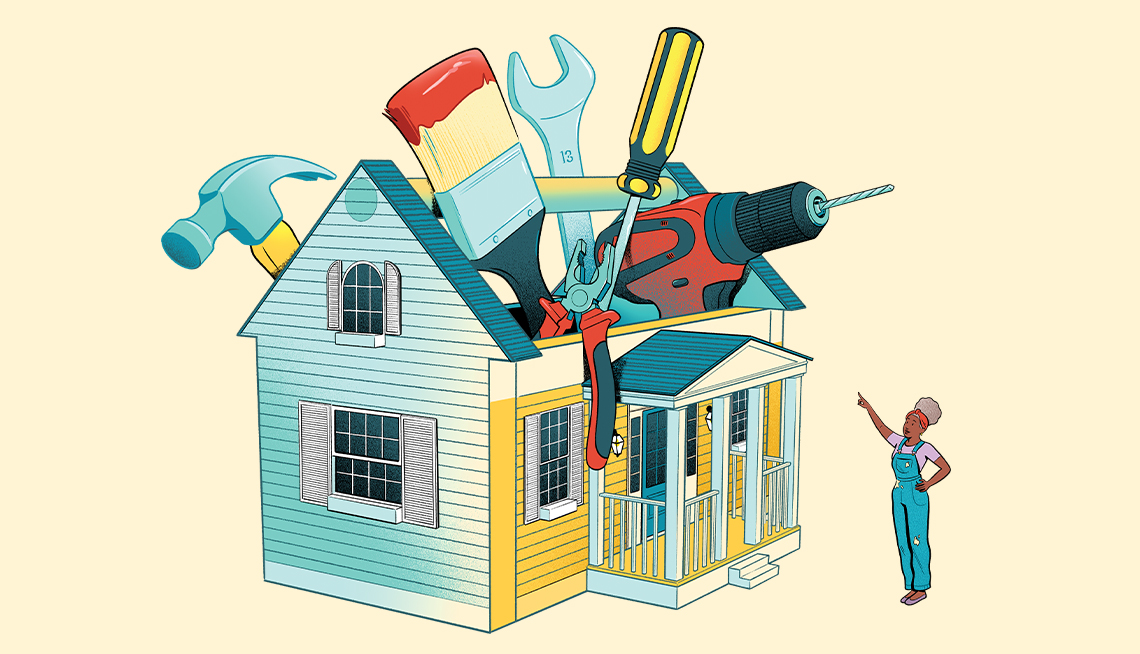WHAT HOME INSPECTORS ARE LOOKIN FOR 🔍
When purchasing a home, one crucial step often overlooked or underestimated is the home inspection. A home inspection is a thorough examination of a property’s condition, usually conducted before the sale of the property. Homebuyers, sellers, and real estate professionals rely on these inspections to uncover any potential issues or defects that could affect the value or safety of the home. But what exactly do home inspectors look for during these examinations?
Let’s delve into the comprehensive checklist that home inspectors follow:
Structural Integrity: One of the primary concerns of any home inspector is the structural integrity of the property. They examine the foundation, walls, roof, and other structural components to identify any signs of damage, such as cracks, settlement, or water intrusion. Issues with the structure can significantly impact the safety and stability of the home.
Roof and Exterior: The roof is your home’s first line of defense against the elements. Inspectors will assess the roof’s age, condition, and any signs of damage or wear, including missing or damaged shingles, leaks, or sagging. Additionally, they’ll inspect the exterior of the home for issues such as damaged siding, improper drainage, or rot.

Plumbing System: A thorough inspection of the plumbing system is essential to ensure proper functionality and prevent costly repairs down the line. Inspectors will check for leaks, water pressure, drainage, and the condition of pipes, fixtures, and water heaters. They’ll also assess the presence of any plumbing code violations.
Electrical System: Safety is paramount when it comes to electrical systems. Inspectors will examine the electrical panel, wiring, outlets, and switches to identify any potential hazards, such as outdated wiring, overloaded circuits, or faulty connections. They’ll also ensure that the home meets current electrical codes and standards.
Heating, Ventilation, and Air Conditioning (HVAC) Systems: A well-maintained HVAC system is essential for comfort and energy efficiency. Inspectors will assess the condition and performance of the heating and cooling systems, including furnaces, air conditioners, ductwork, and ventilation. They’ll look for issues such as improper installation, leaks, or malfunctions that could affect indoor air quality or energy costs.
Insulation and Ventilation: Proper insulation and ventilation are crucial for maintaining a comfortable and energy-efficient home. Inspectors will evaluate the insulation levels in the attic, walls, and floors, as well as the ventilation systems in kitchens, bathrooms, and attics. Inadequate insulation or ventilation can lead to temperature fluctuations, moisture problems, and increased energy bills.
Interior Components: Inspectors will thoroughly examine the interior of the home, including walls, ceilings, floors, doors, and windows. They’ll look for signs of water damage, mold, pest infestations, and other issues that could affect the home’s structural integrity or indoor air quality. Additionally, they’ll check for proper operation of doors, windows, and other components.
Appliances and Fixtures: Inspectors will test the functionality of major appliances, such as refrigerators, dishwashers, ovens, and laundry equipment. They’ll also inspect plumbing fixtures, faucets, and toilets to ensure they’re in good working condition. Any defects or malfunctions will be noted in the inspection report.
Environmental Concerns: In addition to the structural and mechanical components of the home, inspectors may also assess environmental factors such as radon, asbestos, lead paint, mold, or pest infestations. These issues can pose health risks to occupants and may require remediation or mitigation.
Documentation and Reporting: Once the inspection is complete, the home inspector will provide a detailed report outlining their findings, including any defects, safety concerns, or recommended repairs. This report is a valuable tool for homebuyers and sellers to negotiate repairs or adjustments to the sale price.
Home Inspections are a vital step in the homebuying process, providing peace of mind and ensuring that you’re making a sound investment. By understanding what home inspectors look for and the importance of a thorough examination, you can make informed decisions and protect your investment in your future home. Remember, an investment in a home inspection today can save you time, money, and headaches in the long run.



.png)
